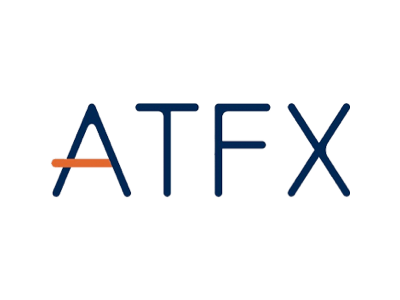The US Treasury Department and the Internal Revenue Service (IRS) have issued interim guidance aimed at significantly reducing the tax burden for corporations holding Bitcoin and other digital assets.
On September 30, two notices were published, 2025-46 and 2025-49, clarifying how the Corporate Alternative Minimum Tax (CAMT) applies to unrealized gains, an issue that has been a concern for many corporate finance departments.
The guidance follows a strong backlash against the draft regulation (REG-112129-23) published in September 2024. The regulation left many companies uncertain about how unrealized gains from cryptocurrencies would be accounted for under CAMT.

By filling this gap, the Treasury Department and the IRS aim to reduce compliance costs while clarifying how businesses calculate adjusted financial statement income (AFSI) – the basis for CAMT. Businesses can apply this interim guidance immediately, and final regulations are expected to contain similar content in the near future.
CAMT, established under the Deinflation Act of 2022, imposes a minimum tax rate of 15% on companies with average annual AFSI of at least $1 billion.
Under the previous calculation, unrealized gains from digital assets would be directly included in AFSI, potentially creating huge paper taxes for businesses holding large amounts of cryptocurrency.
Easing the rules for companies holding Bitcoin
The new guidance has immediate implications for companies like Strategy Inc. (formerly MicroStrategy), which currently holds more than 640,000 BTC.
Under accounting standards effective January 2025, Strategy reports Bitcoin at fair value, with unrealized gains/losses reflected in quarterly net income.
Before this guidance, analysts predicted that Strategy would fall under CAMT from 2026, facing the risk of having to pay billions of dollars in taxes based on unrealized Bitcoin profits.
However, the new regulation allows unrealized gains from cryptocurrencies to be excluded from AFSI, thus eliminating the CAMT concerns related to Strategy’s $16 billion Bitcoin holdings. This is considered an important solution, helping to strengthen the company’s long-term strategy of holding Bitcoin as a reserve asset.
With more than 100 listed companies holding a total of over 1 million BTC, the ruling could cement Bitcoin’s role as a reserve asset in corporate treasuries.
Many Bitcoin advocates welcomed the move as an official recognition for corporate finance departments.
Investor Peter Duan emphasized that the clarification from the IRS has provided certainty, encouraging companies to continue accumulating BTC without fear of being taxed on “paper” profits.
Jeff Walton of Strive Asset Management agreed, saying the decision removed a “big fear” that had prevented companies from comfortably reporting strong returns from digital assets.

















Leave a Reply